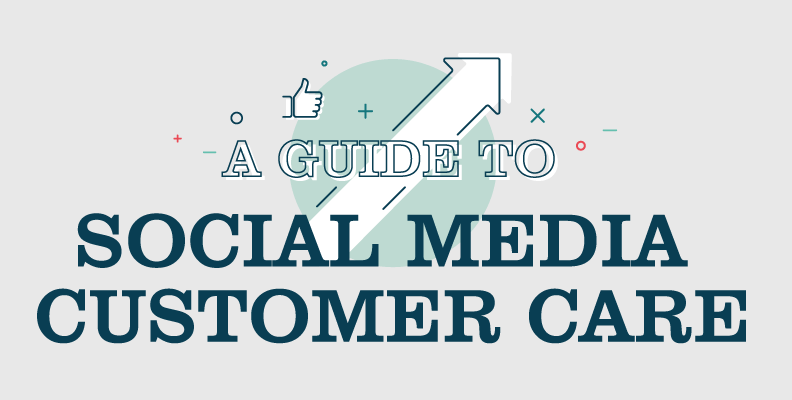5 Interview Questions Every Small Business Should Ask
It doesn’t matter how great your ideas and products are, your small business is only is strong as your employees. Bringing someone on board who doesn’t pull their weight is just not an option. If you have a limited payroll, every one of your workers probably has to wear many hats and be ready to go above and beyond the call of duty.
Despite the short amount of time you have during an interview, it’s possible to find the candidates that are the best fit for your small business. Armed with the right questions, you can get a very accurate picture of someone’s personality and work style in the brief time afforded by a face-to-face discussion.
Below are some great questions that you and your company can ask at your interviews to get the best possible idea of how your potential hires will perform!
1. What is your ideal work environment?
In a small-business environment, employees will often have to think for themselves and make decisions without strict guidance from higher-level team members.1 It’s important to discern whether potential employees feel comfortable in this type of environment, or whether they’ll feel aimless and confused without the structure that a larger, more established company might provide.
2. What is your least favorite part about your current or most recent position?
This question is great for weeding out unprofessionalism — you can discount applicants who tear into their current employers with bitter abandon — as well as gauging thoughtfulness and ability to communicate negative viewpoints. Any office has their own issues; a great employee will be able to see those flaws and help remedy them in a professional, diplomatic way.
3. What is your greatest strength and greatest weakness? Provide examples.
A classic question, this might seem boring or predictable but there’s a reason it’s still common in interviews. First off, the answer will likely provide a hook for follow-up questions that directly relate to the candidate. What’s an example of a time their strength really helped them at their job? How do they work to improve their weakness?
Even more important, however, is how they answer the question. Do they seem overly proud or too self-deprecating when describing their strength? Do they act cagey about their weakness or offer up a thinly disguised strength (“I just work too hard”)? Or do they give you a clear-eyed assessment of their skills and areas where they need improvement? As you listen, you’ll start to learn a lot about their personality and how they think.
4. Can you persuade me of something?
It doesn’t even really matter what they are trying to persuade you of. What’s important is watching how they approach the task. In a small-business environment, where attracting customers and building connections is key, persuasion skills are paramount. You want someone who can think on their feet while trying to convince people of something. You’ll also get a sense of how comfortable they are arguing their position to someone in a higher position. Someone who is uncomfortable arguing forcefully to an interviewer might be hesitant to bring up real problems to their superiors later on.
5. What is a blind spot in our business and how would you improve it?
This is a great question to find out if a candidate has done their homework. If they flounder, it’s possible they haven’t researched your company or put much thought into why they want to work there.
Someone who confidently offers a possible process improvement or business idea is clearly someone who can start contributing to your team right away — and who won’t be afraid to point out areas where they see the potential for improvement in the future.
References
1 Naidu, L. (2014, September 24). Retrieved April 2, 2015, from http://www.theguardian.com/small-business-network/2014/sep/24/top-five-interview-questions-small-businesses






